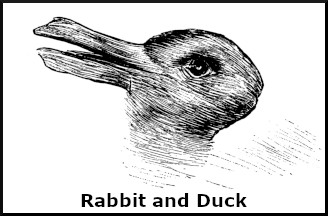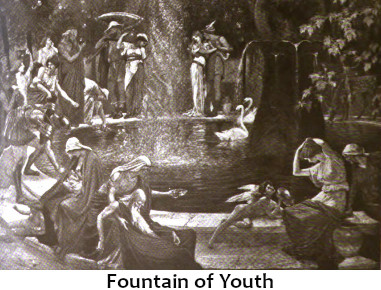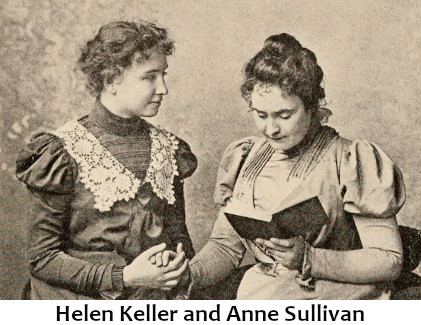Isaac Asimov? Barbara Walters? Apocryphal?

Question for Quote Investigator: An interviewer decided to challenge a popular and prolific author with the specter of mortality. What would the energetic scribbler do when given a prognosis of death within a year asked the interviewer. The preternaturally fixated author replied, “Type faster”.
Would you please help me to identify the author and locate a citation?
Reply from Quote Investigator: In January 1977 Isaac Asimov published a column in “The Magazine of Fantasy and Science Fiction” containing a description of an interview during which he employed the quip. Boldface added to excerpts by QI:1
Another interviewer once tried to break down my stubborn resistance to any way of spending my life other than at the typewriter, by saying to me, “But suppose you knew you had only six months to live. What would you do then?”
And without hesitation. I said, “Type faster.”
Well, what’s wrong with that attitude? There are many people who are, or were, monomaniacally interested in whatever field of endeavor absorbed them. It’s just that most of these fields are not as noticeable to the general public as writing is.
Asimov did not name the interviewer in the passage above, but in the 1980 citation given further below, Asimov identified his questioner as television journalist Barbara Walters.
Here are additional selected citations in chronological order.
Continue reading “Dialogue Origin: “Only Six Months To Live. What Would You Do Then?” “Type Faster””






